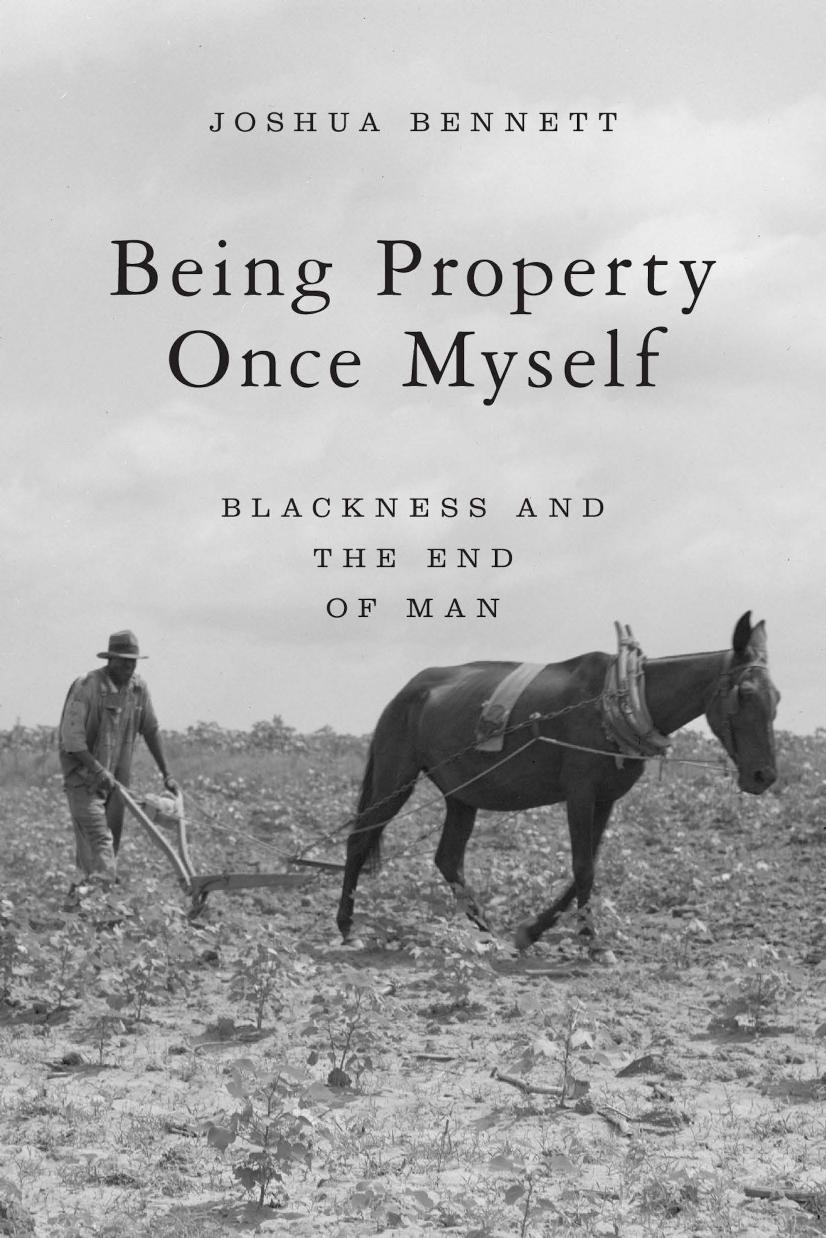Being Property Once Myself by Joshua Bennett

Author:Joshua Bennett
Language: eng
Format: epub, pdf
Publisher: Harvard University Press
Here, in Susan Byrd’s retelling of an age-old local myth, we hear an echo of Porter’s lament earlier in the novel, his desire to be released from the heaviness of love lest it crush him. By the end of her account, Susan Byrd’s vision of Solomon’s life reads not only as a moment of clarification but as an encapsulation of the novel’s larger themes: black men’s pride, their desire for flight, and how both complicate and contaminate the possibilities of a more normative vision of black fatherhood. As is the case elsewhere in Morrison’s oeuvre, there is a profound empathy for black men in this moment from Morrison, an empathy that does not require her to put black women’s experiences under erasure.
In this scene of origin, the moment when Solomon is finally unveiled, he is depicted as both singularly elegant and thoroughly delinquent, “hot stuff” to the point that an entire town desires to be associated with him, but ultimately selfish enough to leave everyone he loves behind in the name of self-possession. Not unlike Milkman, Solomon, it would appear, values his own mobility more than he does the loved ones whose invisible labor makes his very life possible. It is this willingness to pursue freedom at all costs that is Milkman’s true inheritance from Solomon and Macon and Robert Smith alike, all of whom did not hesitate to put their own desires—whether it was for love or property or an elsewhere they could neither name nor touch—before the direct needs of their families. Ryna, Ruth, Lena, First Corinthians, Hagar, Pilate: all lose their lives in one way or another, either to the grave or to a kind of quiet, internal death, for the sake of the men whose failure to fly—desperate as they might be for an exit, an exhale—constitutes the grounds of their identity. For Morrison, this is the central conflict of the black masculine: this love that feels like heaviness, this sense of always being watched. From this angle, the oft-repeated claim throughout the book that “everybody wants the life of a black man” appears not only as a claim about a social world in which black men are made hypervisible as both objects of sexual desire and threats to the safety of the public at large but also as a gesture toward the inner life of the black men in the novel, black men who feel wanted but never fully known.45 In Song of Solomon, what emerges from such yearning is a tendency toward abandonment and a persistent choosing of certain forms of male kinship (friend-friend, father-son, even stranger-stranger) over relationships to and with women that might extend beyond the erotic or the extractive.46
When Milkman is finally able to walk without limping, we are led to believe that he has been transformed by the pride he feels after the doe hunt, a pride derived from the company and praise of other men.47 The natural continuation of this metaphor, the moment he learns to fly, is also linked to his relationship with other men in the text, not only Solomon but also Guitar.
Download
This site does not store any files on its server. We only index and link to content provided by other sites. Please contact the content providers to delete copyright contents if any and email us, we'll remove relevant links or contents immediately.
| African | Asian |
| Australian & Oceanian | Canadian |
| Caribbean & Latin American | European |
| Jewish | Middle Eastern |
| Russian | United States |
4 3 2 1: A Novel by Paul Auster(12393)
The handmaid's tale by Margaret Atwood(7767)
Giovanni's Room by James Baldwin(7346)
Asking the Right Questions: A Guide to Critical Thinking by M. Neil Browne & Stuart M. Keeley(5775)
Big Magic: Creative Living Beyond Fear by Elizabeth Gilbert(5774)
Ego Is the Enemy by Ryan Holiday(5450)
The Body: A Guide for Occupants by Bill Bryson(5098)
On Writing A Memoir of the Craft by Stephen King(4944)
Ken Follett - World without end by Ken Follett(4734)
Adulting by Kelly Williams Brown(4574)
Bluets by Maggie Nelson(4559)
Eat That Frog! by Brian Tracy(4541)
Guilty Pleasures by Laurell K Hamilton(4450)
The Poetry of Pablo Neruda by Pablo Neruda(4109)
Alive: The Story of the Andes Survivors by Piers Paul Read(4033)
White Noise - A Novel by Don DeLillo(4012)
Fingerprints of the Gods by Graham Hancock(4004)
The Book of Joy by Dalai Lama(3986)
The Bookshop by Penelope Fitzgerald(3854)
